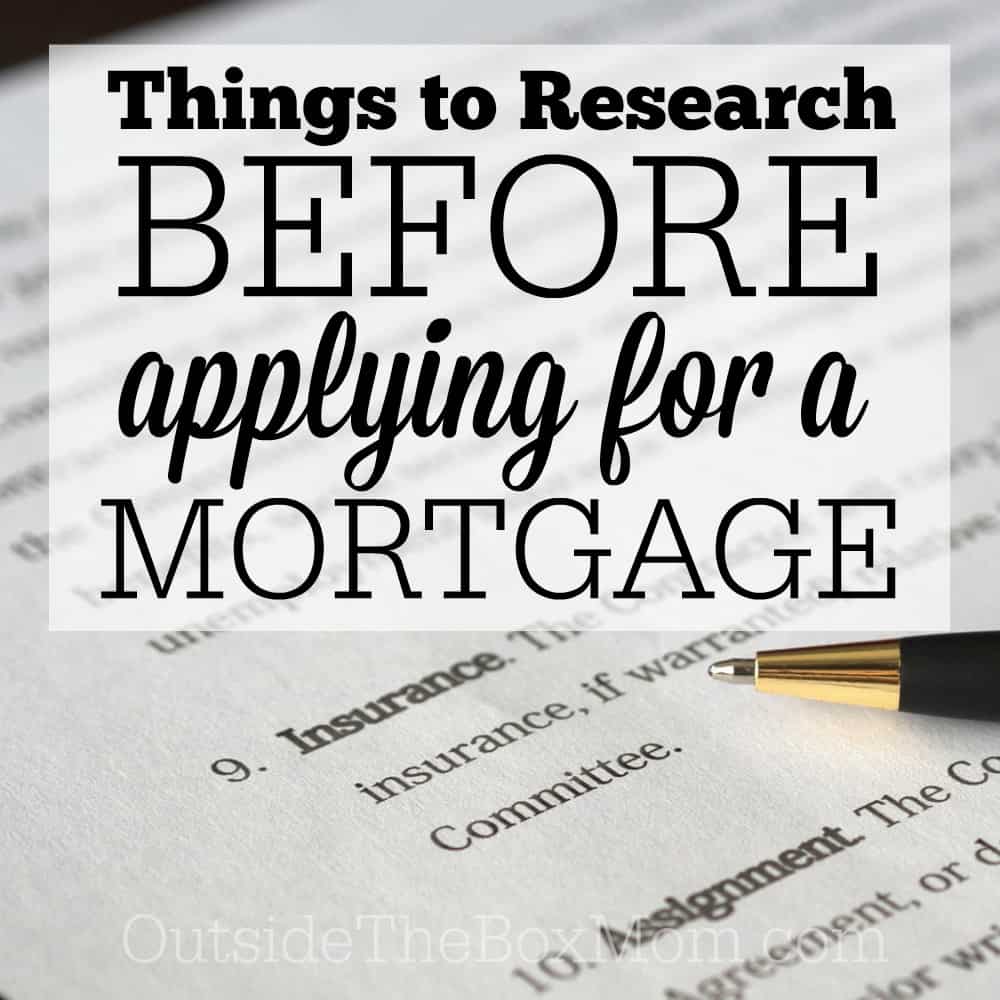A larger population of people acquire their homes through mortgages. Just a fraction of them pay with their cash in full. As exciting as it can be when you think about finally owning a home, you need to know some things before getting a mortgage.

Are you thinking about applying for a home loan? Read on before you do.
Get your credit score right
What’s your credit score? Knowing your rating is important because most lenders will require you to have a good credit score. Lenders want an assurance that you can pay off your mortgage comfortably.
If your credit score is high such as 740 and above, you get reasonable interest rates, and the approval process is almost guaranteed. However, if your credit score is 550, there are chances you may or may not get approved, and if you do, you get unfavorable interest rates.
Before you decide to apply for a mortgage, make sure you work on your credit score if it’s not great. Get ways to improve the rating. Did you know you could also build your credit history by paying rent? Here’s something on this https://www.crediful.com/rent-payments-build-credit/.
The down payment matters
A down payment is basically the amount of cash you bring in when you want to buy a home to act as a deposit for it. Having a high down payment helps you lessen the amount of loan you repay. Also, banks or other home loan lenders will give you better interest rates.
A more significant down payment means you have lesser periods to repay the loan. It also means lower monthly payments. Lenders see you have the ability to repay your loan and will not hesitate to lend you more money in the future.
When you have a plan to buy a home, save some money towards the down payment. You can start as early as even three years prior. You’ll be surprised at how much you’ll have saved when applying for the mortgage. You can also take advantage of mobile home loans to help you with the down payment and monthly payments. Just make sure you understand the terms before signing.
Keep in mind that there are lenders who set a minimum down payment, consider that as you save up. You have the provision of paying more, though.
Consider fixed or variable interest rates
Different lenders will have different interest rates charged on your mortgage. There are fixed and variable interest rates. For the fixed rates, you can be sure every month you’ll be paying a fixed amount of money. However, for the variable ones, they vary with market rates.
For first-time buyers, choosing the fixed rate is a safer option, and also anyone who is on a strict budget and can’t afford a rise on the interest rate.
Variable interest rates are an excellent option for people who strongly believe the rates will go down with time.
When choosing, ensure you have all your facts right before going for a rate that will only hurt your pockets.
Be aware of early repayment charges (ERC)
An early repayment charge is an amount of money you have to pay your lender if you repay your loan earlier or refinance it. The amount is usually equivalent to one to two monthly interest.
Before signing any legal agreement with your lender, make sure you know if they charge any ERC or not. Some lenders don’t.
In case you suspect you might repay your loan sooner, compare different lenders, and see their rule on repaying earlier and see if it’s something manageable. Factor in how long you intend to pay off the loan as well. Most mortgages have a 25-year term. However, you can choose if you want a shorter or longer period.
Know your budget
When applying for a mortgage, you have to think about how much you want to borrow. The first step is looking at your income and knowing how much you can afford as a monthly payment towards repaying the mortgage.
After knowing how much you can afford, you need to house hunt and get an ideal home you’d want to buy. Look at the neighborhood and security of the place you want to settle and see the price range of the houses. Don’t go over-budget as it may end up hurting you financially.
SEE ALSO: The Real Costs of Owning a Home
There are other costs other than the down payment
A down payment is not the only cost involved when you are getting a home. There are several costs you may have to incur. We have closing costs, which could include survey fees, appraisal, credit report, underwriting and recording fees, among others. We have other expenses such as homeowners’ insurance and property taxes.
Take these costs into consideration as well so that they don’t take you by surprise.
Getting a mortgage is exciting because it means you will own a home soon. Research on what will work for you and what won’t. A pre-approval also doesn’t mean that you will automatically get approved for a mortgage.
[…] SEE ALSO: What You Should Know Before Getting a Mortgage […]